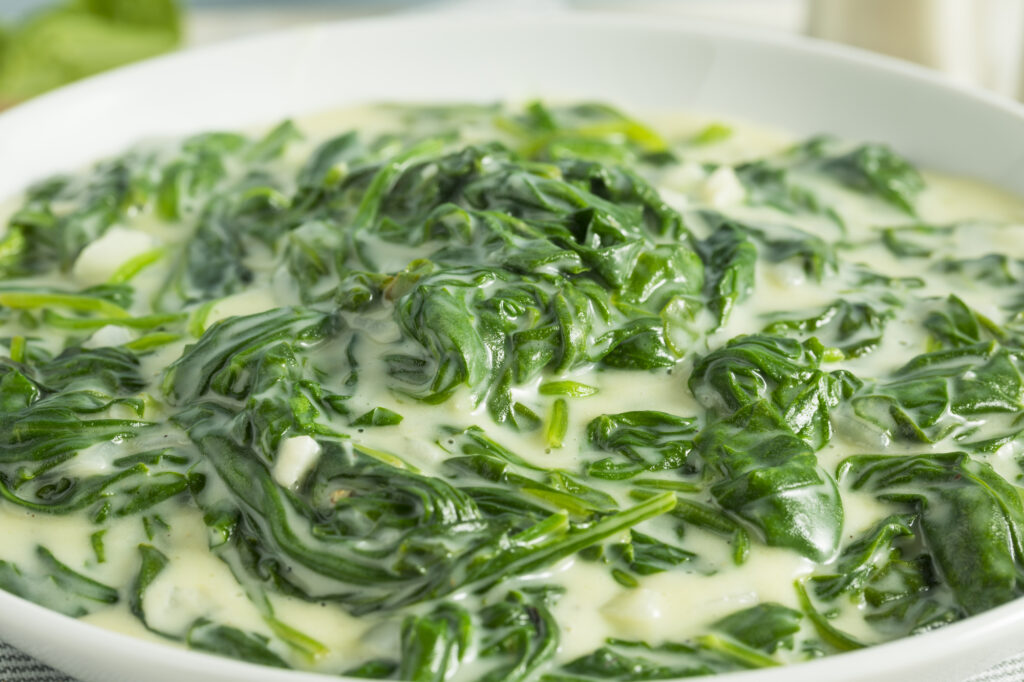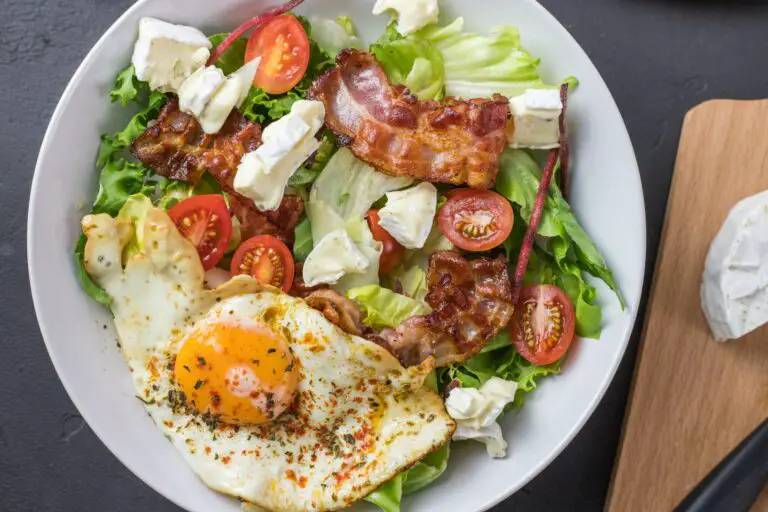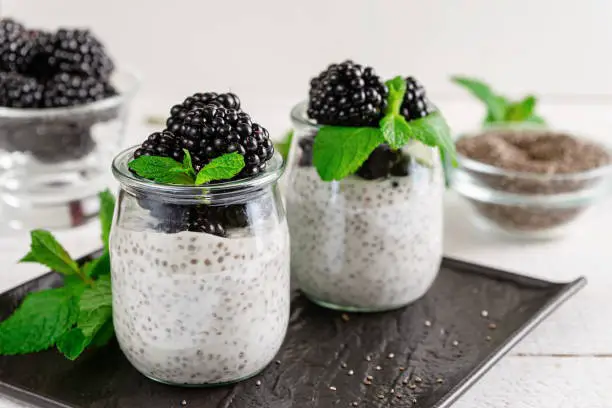10 Keto Tips For Beginners
Contents
- 1 The 10 Keto Tips
- 2 1 . Gain knowledge
- 3 2 – Start Slow
- 4 Here’s a paleo diet one-day menu plan:
- 5 3 – Clean you kitchen
- 6 4 – Count Calories
- 7 5 – Avoid the keto flu
- 8 There are various things you may do to prevent the keto flu, including:
- 9 6 – Use easy recipes
- 10 Shopping List
- 11 7 – Take your supplements
- 12 8 – Decide if the Keto Diet is for you
- 13 9 . Keep a Journal
- 14 10. Do not forget Stock up on keto-friendly foods
- 15 Keto Recipes
- 16 Keto Ham And Cheese Bites
- 17 Keto Bacon And Cheese Biscuits
- 18 5 Ingredient Alfredo Sauce
I want to share 10 Keto tips for beginners on the ketogenic diet. Starting a keto diet can be both exciting and challenging, especially for beginners. The ketogenic diet, known for its low-carb, high-fat approach, has become increasingly popular due to its potential benefits for weight loss, increased energy, and improved mental clarity.
However, transitioning into this new way of eating requires some adjustments and an understanding of how to maintain ketosis effectively. In this article, we’ll provide essential keto tips for beginners, including how to plan your meals, track your macros, and avoid common pitfalls, to help you get started on your keto journey with confidence. Whether you want to improve your health or lose weight, these keto tips will set you on the right path.
The 10 Keto Tips
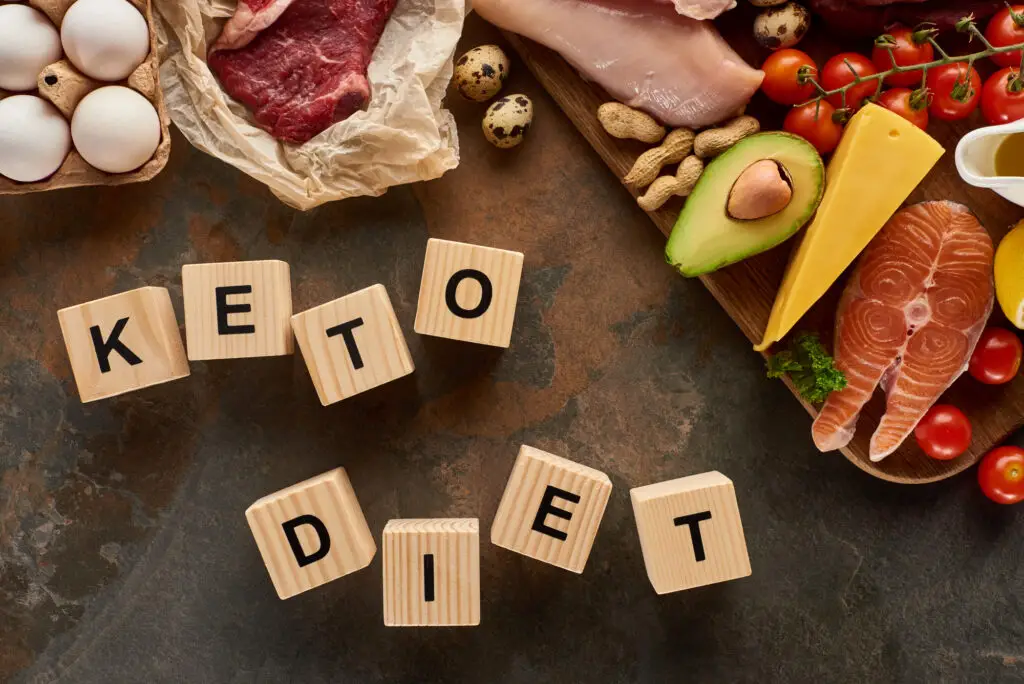
1 . Gain knowledge
Find out the fundamentals of the ketogenic diet, such as which foods are acceptable and which should be avoided. A tonne of internet resources are available to get you started.
2 – Start Slow
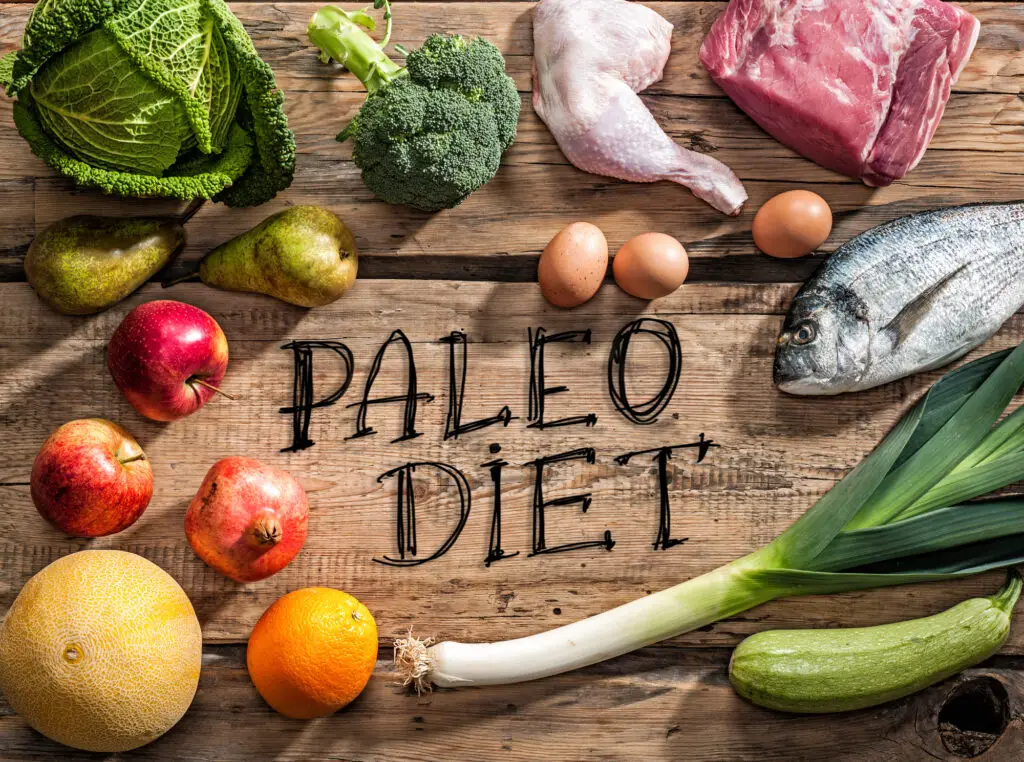
If you have never tried the ketogenic diet, I suggest starting slow. Start with the Paleo Diet for one week, and once your body starts to get used to low carbs, you can begin your ketogenic diet. This is one of the most important keto tips for you to be successful.
Breakfast: Cooked in olive oil omelet with spinach, bell peppers, onions, and mushrooms
A sliced banana or a handful of berries are examples of fresh fruit.
Herbal tea or black coffee
Snack: sliced apple with almond butter
Lunch: Grilled chicken breast with roasted sweet potato wedges on the side
Salad of mixed greens, cherry tomatoes, cucumber, and avocado drizzled with olive oil and vinegar
Snack: Carrot sticks with hummus
Dinner: Grilled salmon with steamed broccoli and cauliflower on the side
A sweet potato baked in ghee or coconut oil
Dessert: sliced oranges
3 – Clean you kitchen
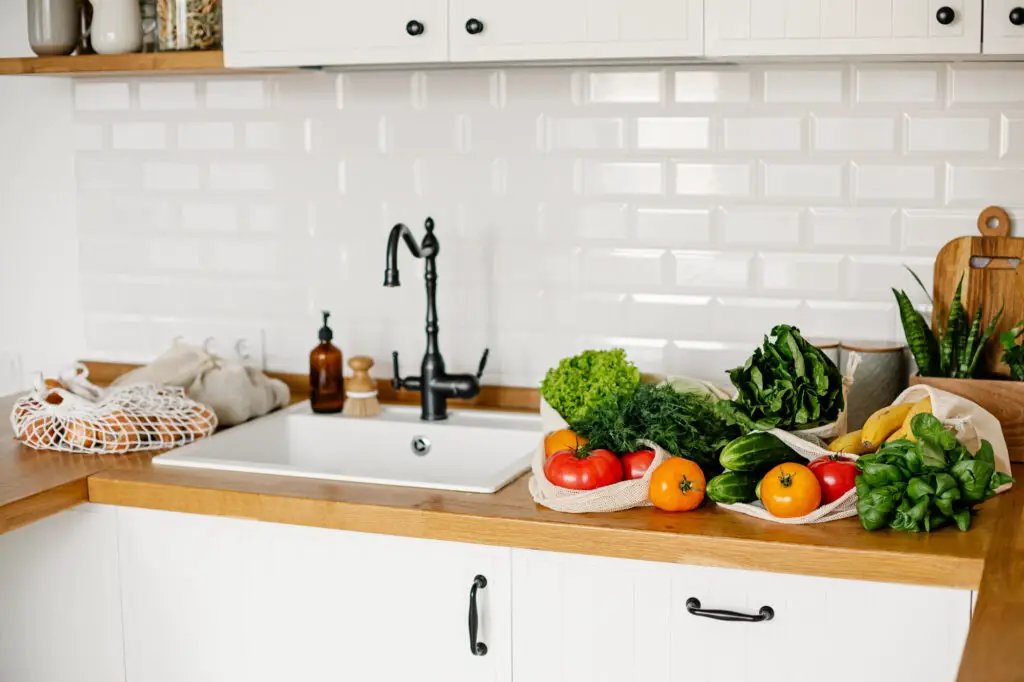
To avoid any temptation, the simple way is to get rid of foods you must avoid. Start with the following list:
Sugar: pastries, cakes, ice cream, soda, honey, juice, etc
Grains: pasta, rice, cereal, corn, bread
High-sugar fruits: bananas, grapes, oranges, pineapple, mangos, etc
Oils: canola oil, corn oil, soybean oil, and olive oil are used at the beginning.
Legumes” chickpeas, lentils, beans, etc
4 – Count Calories
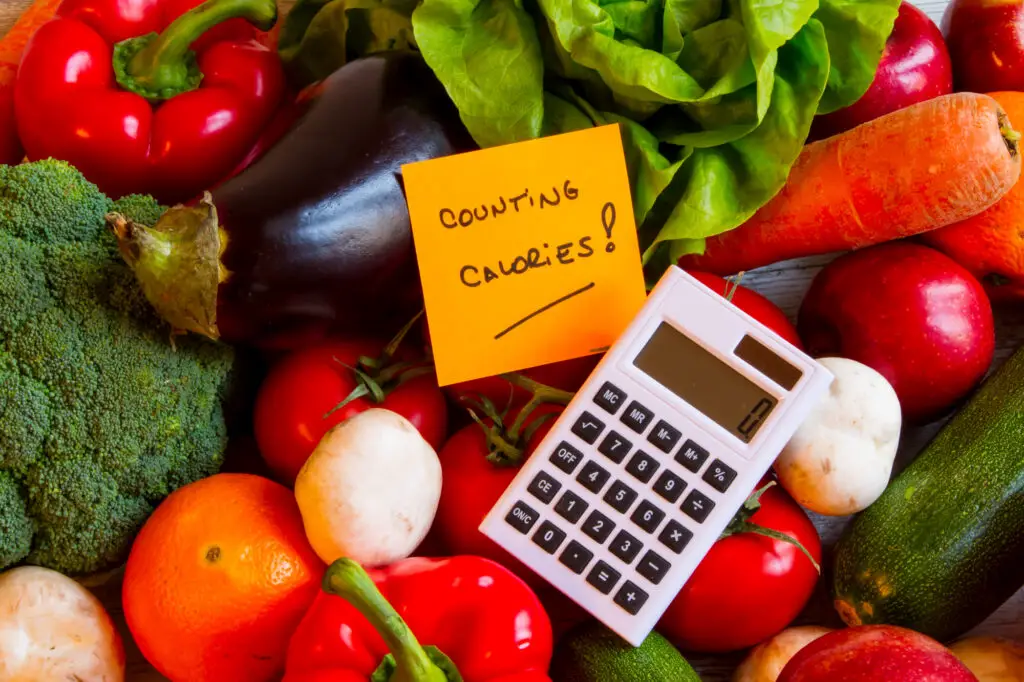
Establish the calories you need to consume to lose weight according to your weight, height, and age, and remember that portions matter. Be aware of your portions. This is one of the most important keto tips that people ignore, they just think they can ignore calories and portions.
5 – Avoid the keto flu

When someone begins a ketogenic diet, a group of symptoms known as the “keto flu” might appear. These signs and symptoms can include tiredness, headaches, nausea, dizziness, trouble focusing, irritability, and muscle pain. The body’s switch from carbs as its primary fuel source to fat is assumed to cause these symptoms.
There are various things you may do to prevent the keto flu, including:
Instead of drastically adjusting, gradually reduce your carbohydrate intake over a few days or weeks. Your body may adjust more gradually if you do this.
Ensure you consume adequate electrolytes, such as sodium, potassium, and magnesium. These minerals are crucial for numerous body processes and are frequently lost when you consume fewer carbohydrates.
Electrolytes are found in foods, including leafy greens, nuts, and seeds, as well as in supplements.
To stay hydrated, sip lots of water. Headaches and weariness are two indicators of dehydration.
MCT oil is a possible supplement to take. MCT oil is a type of fat that readily transforms into ketones, supporting the body’s energy needs as it adjusts to a ketogenic diet.
Give your body time to acclimatize, and practice patience. The keto flu normally lasts only a few days to a few weeks and should go away alone.
You can also manage the flue with certain foods, but at the beginner is going to be easy to take the supplements.
6 – Use easy recipes
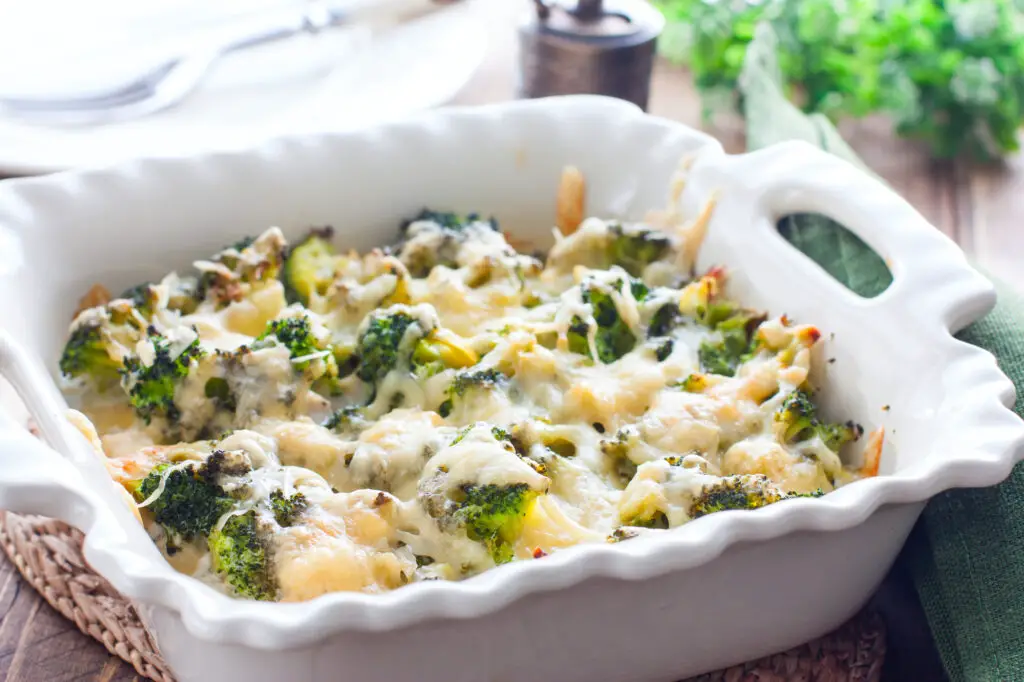
Make a plan for your meals: Plan your meals to avoid running out of keto-friendly options. Planning your meals might also help you avoid temptation and stick to your goals.
Here’s a 3-day keto meal plan with a shopping list to help you get started:
Day 1:
Breakfast: Bacon and eggs
Lunch: Chicken Caesar salad
Dinner: Grilled salmon with roasted asparagus
Snacks: Almonds
Day 2:
Breakfast: Keto pancakes with bacon
Lunch: Tuna salad lettuce wrap
Dinner: Stuffed bell peppers
Snacks: Cheese slices
Day 3
Breakfast: Keto breakfast bowl with avocado and bacon
Lunch: Grilled chicken salad with feta cheese and olives
Dinner: Beef and broccoli stir-fry
Snacks: Pork rinds
Shopping List
- Almond flour
- 100 gr Almonds
- 1 Stalk Asparagus
- 1 Avocado
- Bacon (for 3 meals)
- Baking powder
- 250 g Beef sirloin
- 1 Bell pepper
- 1 Broccoli
- Caesar dressing
- 1 Celery
- 2 Chicken breast
- 6 Eggs
- Feta cheese
- Garlic
- 250g Ground beef
- Mayonnaise
- Olives
- Onion
- Parmesan cheese
- Pork rinds
- 2 Romaine lettuce
- 1 Salmon fillet
- Sesame oil
- Cheddar cheese
- Soy sauce
- Tomato sauce
- 1 can Tuna
- Unsweetened almond milk
Adjust the portion sizes to fit your daily macros and caloric intake. Good luck with your keto journey!
Initially, choosing a keto meal plan with easy recipes that require few ingredients is better. Later, if you stick with the diet, you can make more complicated recipes.
7 – Take your supplements

You will need to take supplements to help you with the transition. The following are some of the supplements I take when I go into the keto diet:
8 – Decide if the Keto Diet is for you
Before implementing the diet, consider whether the keto diet is for you. Maybe it will be good for you for a short period to help you lose those extra pounds. The ketogenic diet is ideal for some people from a health and lifestyle perspective. For others, a paleo diet or a Mediterranean diet may work better. For me, keto is ideal for a while, and then I stick with the Mediterranean diet. Do not be hard on yourself; try the diet for at least two weeks, and then start thinking about making the keto lifestyle or switching to a better, healthier diet, and more comfortable one for you.
9 . Keep a Journal
Consider tracking your macros with a food-tracking app to ensure you stay within your daily protein and carbohydrate restrictions. The Keto Journal For Beginners will help you keep track of your meals with macros, monitor your water, exercise, and sleep patterns, and learn to control your moods and eating habits!!
10. Do not forget Stock up on keto-friendly foods
Be sure to keep many keto-friendly foods, including high-fat meats, low-carb veggies, nuts, seeds, and healthy fats like coconut oil, olive oil, and avocado oil.
Consult a healthcare provider: If you have any medical conditions or concerns, it’s always a good idea to consult a healthcare provider before starting a new diet. They can offer direction and support to ensure you complete your goals fully and safely.
Hope you enjoyed this keto tips, leave a comment below!!





